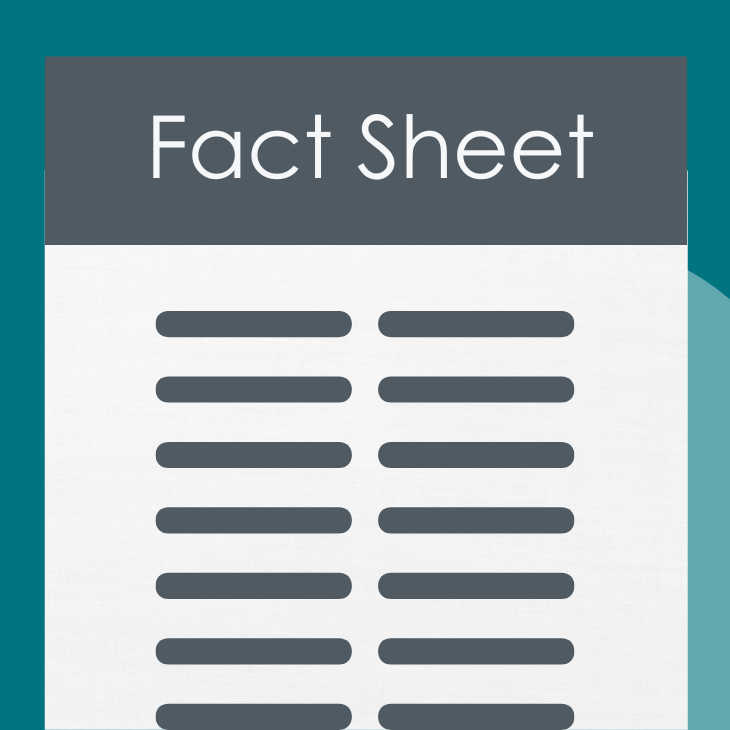
Revised 2021
What is gamete or embryo donation?
Gamete and embryo donation is using eggs, sperm, or embryos (fertilized eggs) from someone else in order to help an intended parent(s) have a child. Intended parent is the term used for the person(s) who will raise the child(ren).
Why would this be done?
Gamete or embryo donation makes it possible to have a child when an individual or couple is not able to provide their own healthy sperm, eggs, or embryos. Egg or sperm donation allows an intended parent to keep a genetic link to the child(ren). With egg donation, the intended parent can experience a biological connection to the child(ren) through the pregnancy.
Some people use donated gametes or embryos because of medical issues, such as having poor-quality eggs or sperm. Some use donations so they do not risk passing down genetic disorders to their children. Donations can also be used for social reasons, such as for same-sex couples or for single men or women.
Where do the donated materials come from?
Donors can be known to the intended parent(s), introduced through a reproductive center or donor agency/bank, or anonymous. Sperm, egg, and embryo donation all have different protocols for counseling, screening, and evaluation.
Should I tell my child that he or she was conceived using donated gametes or embryos?
One of the hardest decisions intended parents face is whether to tell their children about the donation. The American Society for Reproductive Medicine (ASRM) Ethics Committee report states, “While ultimately the choice of the recipient parents, disclosure to the donor-conceived persons of the use of donor gametes or embryos in their conception is strongly encouraged.” Mental health professionals are available to discuss the pros and cons of this choice.
What is involved in gamete or embryo donation?
There are 3 major aspects of any type of donation:
Medical
The medical team is responsible for testing and screening both the recipients and donors. This should include a medical history, testing for sexually transmitted infections, a physical exam, and an evaluation for potential genetic risks.
Legal
Legal agreements should be drawn up so donors and recipients understand their obligations, roles, and expectations. This can include financial responsibilities, plans for future contact, and other arrangements. Laws vary from state to state and country to country. It is important to understand the laws about parentage that will apply in each case for both donor and recipient.
Psychological
Psychological consultation is critical to the long-term health and well-being of the child(ren), the recipient(s), and the donor(s). Donation can be an emotional experience for everyone involved; preparing for this experience with counseling can be very helpful.
Intended parents benefit from exploring any concerns and their feelings about having a child with someone else’s genetic material. This is the time to decide when, how, what, to whom, and whether to disclose. When donors and recipients know each other, contact arrangements can be agreed upon. This can help avoid unmet expectations or disappointments in the future.
Key considerations
- Consult with specialists in reproductive medicine who are qualified and experienced.
- Use legal counsel well-versed in reproductive law in locations where the donor and recipients live.
- Work with a mental health professional who is experienced and familiar with the issues of third-party family-building.
- Consider if, when, what, and how to tell the child(ren) and others about the donation.
- Understand that:
- Laws regarding reproductive rights are constantly changing.
- Files regarding donation identities may be opened at any time (if they are challenged in court or if current laws change).
- Confidentiality cannot be guaranteed.
- Secrets are difficult to keep, and information can be unintentionally shared or discovered with science and technology that are advanced and more widely accessible.
- Making peace with your personal feelings about donation must be done before sharing this information.
Summary
Egg, sperm, or embryo donation can be an effective option for those struggling with infertility. With proper medical, legal, and psychological preparation, gamete or embryo donation can help build families and provide a rewarding experience for all involved.
Fact Sheets/Booklets
View more fact sheets and booklets written by the ASRM Patient Education Committee.
Menopausal Transition (Perimenopause): What Is It?
The menopausal transition (perimenopause) is the period that links a woman’s reproductive (childbearing) years and menopause.
Osteoporosis
Osteoporosis and osteopenia are conditions of having low bone mass (density).
Hyperprolactinemia (High Prolactin Levels)
Prolactin is a hormone produced by your pituitary gland which sits at the bottom of the brain.Find a Health Professional











